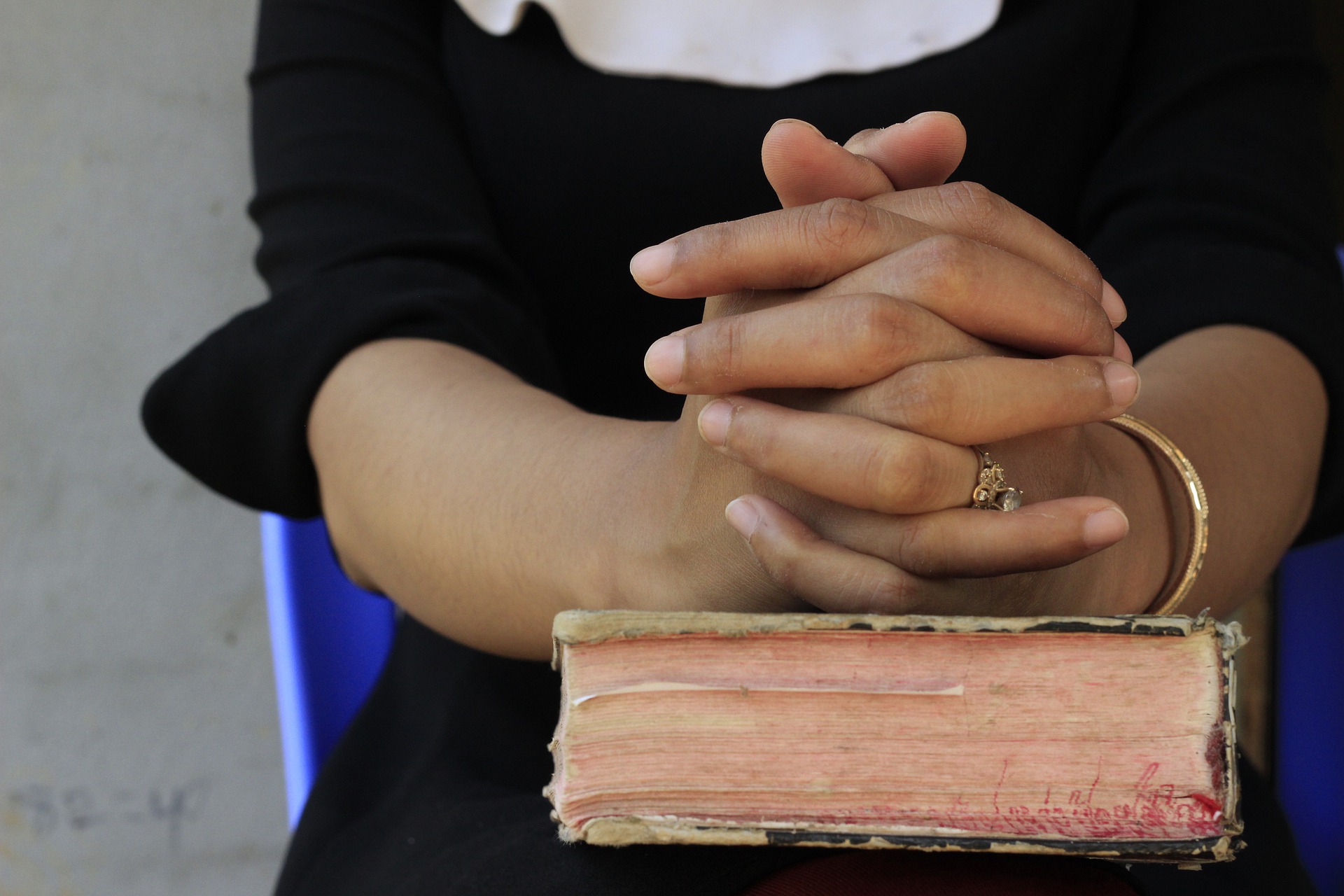
‘Seven times a day I praise you for your righteous laws. Great peace have those who love your law, and nothing can make them stumble.’ (vv164–165) Psalm 119:161–168
Our Farnham offices lie in the shadow of Waverley Abbey, the first Cistercian monastery in Britain. Following the Rule of St Benedict, the monks meditated on Scripture and prayed seven times a day, beginning with Vigils before dawn and concluding with Compline around 8 pm. There is a growing interest in monastic communities today as Christians explore ways of living, learning and serving together built on Scripture and prayer. All of us need a rhythm that fits both our personality and our life circumstances. These are subject to regular change, and all our rhythms are flexible to suit the demands of life.
This life of Scripture and prayer demands an act of the human will. It’s too easy to assume the Sunday snack of worship and Word is sufficient to sustain our daily life. All relationships demand personal attention. Establishing periods for prayer and Scripture throughout our day only happens through determined effort. God’s Word is itself a prayer as we take it and offer its words back to God in a continuous request that its fruit might flourish in our own life and experience. As we now turn our attention from God’s Word to God’s will, take what you have learnt about Scripture and decide how you can establish a rhythm to nourish your faith.
Scripture to consider: Psa. 34; 119:153–176; Acts 17:10–12; Eph. 3:14–21.
An action to take: It is now clear how essential the Bible is if we are to survive as a Christian; establish a rhythm of reading and prayer that works for you.
A prayer to make: ‘Lord, help me to find my daily rhythm of reading and prayer. Amen.’
Photo by doungtepro on Pixabay









